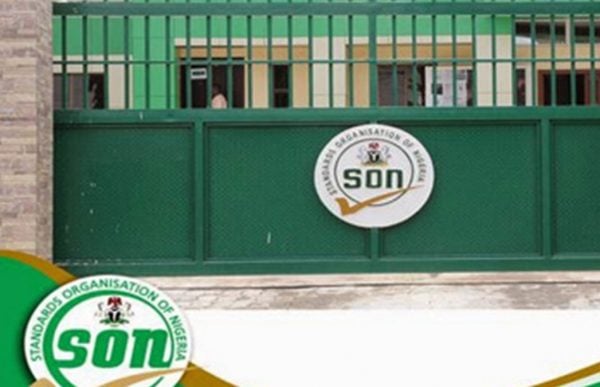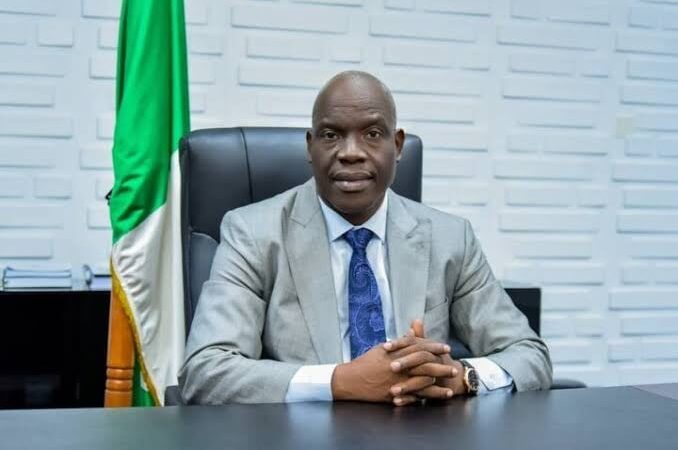MONETARY POLICY COMMUNIQUE NO.158
 MONETARY POLICY RATE RETAINED AT 27.50 PER CENT
MONETARY POLICY RATE RETAINED AT 27.50 PER CENT
The Monetary Policy Committee (MPC) of the Central Bank of Nigeria (CBN) held its 301st meeting on July 21 and 22, 2025 to review recent economic and financial developments and the outlook. All twelve (12) members of the Committee were in attendance.
Decision of the MPC
The Committee decided to maintain the current monetary policy stance and hold all policy parameters constant as follows:
1. Retain the Monetary Policy Rate (MPR) at 27.50 per cent.
2. Maintain the asymmetric corridor around the MPR at +500/-100 basis points.
3. Retain the Cash Reserve Ratio (CRR) for Deposit Money Banks at 50.00 per cent and for Merchant Banks at 16.00 per cent.
4. Keep the Liquidity Ratio unchanged at 30.00 per cent.
This decision was premised on the need to sustain the momentum of disinflation and sufficiently contain price pressures. Maintaining the current policy stance will continue to address the existing and emerging inflationary pressure. The MPC will continue to undertake rigorous assessment of economic conditions, price development and outlook to inform future policy decisions.
Considerations
The Committee acknowledged the decline in headline inflation in June 2025, the third consecutive month of deceleration. This was largely driven by the moderation in energy prices and stability in the foreign exchange market. Despite these positive developments, Members observed the uptick in month-on-month headline inflation, suggesting the persistence of underlying price pressures. The continued global uncertainties associated with the tariff wars and geopolitical tensions could further exacerbate supply chain disruption and exert pressure on the prices of imported items.
Members also noted the continued stability in the banking system, evidenced by the stable Financial Soundness Indicators (FSIs) which would further be supported by the on-going banking recapitalisation exercise. The MPC noted that eight (8) banks have fully met the recapitalisation requirements, while others are making progress towards meeting the deadline. The Committee thus, urged the Management of the Bank to sustain its oversight of the banking system to ensure continued resilience, safety and soundness of the financial system.
Price and Other Domestic Developments
Headline inflation (year-on-year) declined to 22.22 per cent in June 2025 from 22.97
per cent in May, primarily driven by the moderation in energy prices, especially
cooking gas, wood charcoal and diesel. Food inflation (year-on-year), however, rose to 21.97 per cent in June 2025 from 21.14 per cent in May, attributed mainly to the increase in the cost of processed food. Core inflation, that is, all items less farm produce and energy, also increased to 22.76 per cent in June 2025 from 22.28 per cent in May, reflecting an uptick in the cost of Information & Communication, Housing & Utilities, and Personal care & Social services.
On a month-on-month basis, headline inflation rose to 1.68 per cent from 1.53 per cent, largely due to increases in the price of services and imported food.
The Committee acknowledged the efforts of the Federal Government in improving security and its impact on food production. Members thus urged the government to continue its support towards timely provision of high-yield seedlings, fertilizers, and other critical inputs for the current farming season. The MPC also noted the sustained stability in the foreign exchange market, accentuated by improved capital flows, earnings from increased crude oil production, rising non-oil exports and significant reduction in aggregate imports.
Real GDP in the first quarter of 2025 grew by 3.13 per cent compared with 2.27 and 3.38 per cent in the corresponding and preceding quarters of 2024, respectively. In addition, recent data on the Purchasing Managers Index indicates that the Nigerian economy remains on an expansionary path. The external sector also remains stable and resilient despite persisting uncertainties in the global macroeconomic environment. Gross external reserves rose to US$40.11 billion on July 18, 2025, representing about 9.5 months of import cover for goods.
Global Developments
Available projections suggest that global output recovery continues at a gradual pace.
However, recent developments, especially the persistent tariff war and geopolitical tensions, may continue to disrupt supply chains and exert upward pressure on the prices of imports.
Disinflation in the Advanced Economies has slowed, prompting major central banks to be cautious of upside risks to inflation. In the Emerging Markets, central banks continue to calibrate monetary policy to their domestic conditions, noting the persisting risks to inflationary pressures.
Outlook
Staff projections indicate a further decline in inflation in the coming months,
underpinned by the current tight monetary policy stance, stable exchange rate,
declining PMS prices, and moderation in food prices as the harvest season
approaches.
Given the persistent uncertainty in the policy environment and underlying price
pressures, monetary policy will need to maintain its current stance until risks to
inflation recede sufficiently. The Committee remains committed to the Bank’s price stability mandate and would take appropriate measures to foster stability and confidence in the economy.
The next meeting of the Committee is scheduled for Monday, 22nd and Tuesday, 23rd September 2025.
Olayemi Cardoso
Governor,
Central Bank of Nigeria







